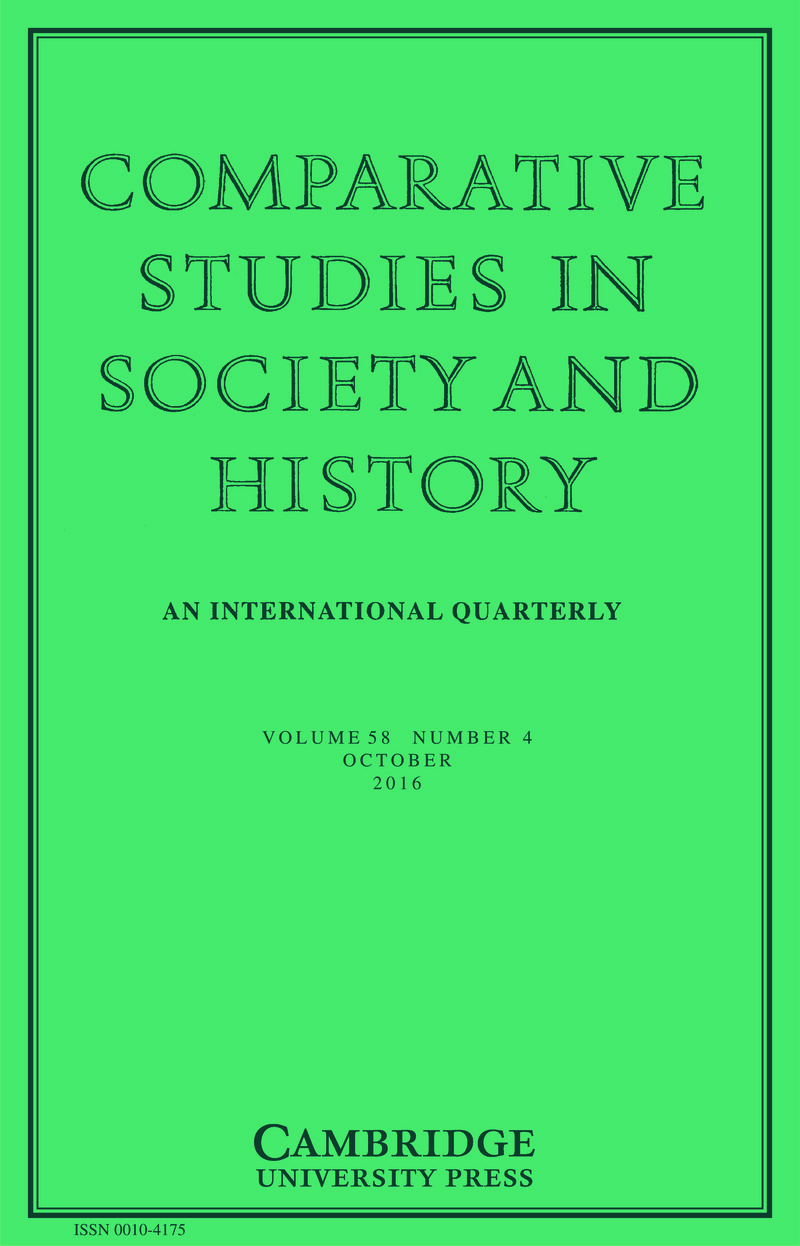Description
In his article, 2013 Transregional Research Postdoctoral fellow Nadav Samin considers the question of collective identity formation in the Arab Gulf by looking at the distinctive ways in which the genealogies of the dominant kinship collective of the United Arab Emirates, the Banī Yās confederation, have been represented by that country’s cultural and heritage-making institutions. He looks comparatively at two high profile, state-sponsored, Emirati genealogical projects, one a site, and the other a text, and investigate their significance from a historical and ethnographic perspective. Samin finds that the relatively weak religious gravity of the United Arab Emirates allows for unorthodox representations of kinship at the national level, that women do not necessarily buy into these representations yet contribute in their own ways to a kinship nationalist discourse, and that genealogy is nonetheless a particularly fraught idiom for binding together an ethnically heterogeneous society like the Emirates. Approaching the public representation of genealogies through an integrative framework, this article sheds light on important themes in modern Emirati and broader Gulf social and political life, including the complicated place of religious norms in a newly fashioned Muslim nation, the influence of gender on conceptions of kinship and nationhood, and the challenge ethnic heterogeneity poses to an Arab ethno-national project.

